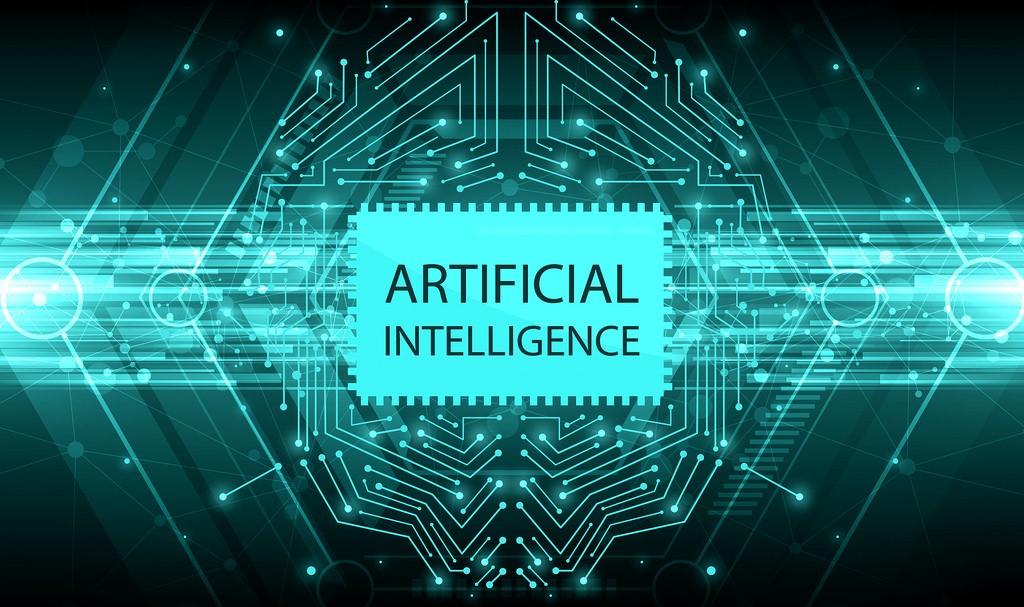UNESCO, i4Policy host virtual workshop to validate ten building blocks for inclusive AI policies
Jake Okechukwu Effoduh, AI and Human Rights Lawyer, summarized stakeholders’ meaningful participation in 3 “I”s: 1) Informed; 2) Influential; 3) Inclusive.

On 18 January 2022, UNESCO and the Innovation for Policy Foundation (i4Policy) hosted a virtual workshop to validate the ten building blocks for inclusive AI policies developed through a collective intelligence process that involved five multistakeholder workshops with representatives from academia, civil society, governments and the private sector.
Building Blocks for Multi-stakeholder AI Policy Process
These ten building blocks were identified across agenda setting, drafting, implementation and evaluation stages for the policy process:
Raise awareness and demystify AI
Define AI and be clear on terminology
Use an expert group to determine the AI landscape
Provide clarity on the participatory AI policy process
Co-create and consult AI policy
Make sure participation is followed by influence on outcomes
Make AI policy agile and flexible
Protect Human Rights, embrace Data Protection and Ethics Guidelines
Combine the AI Strategy with an Action Plan
Monitor and evaluate throughout the policy cycle
Concerning building blocks one and two, Eleanor Sarpong, Deputy Director and Policy Lead for the Alliance for Affordable Internet (A4AI) at the Web Foundation, emphasized that “[h]aving a human impact approach to AI is very important. Explaining what AI is needs to go beyond academia and technicalities. Breaking down AI to how the technology is impacting humans is essential.” Mark Irura, Project Manager and Technical Analyst at Development Gateway, added that “[w]e need to highlight the issues of democracy and human rights in our discussion of AI policies.”
Nadine Dammaschk, advisor of the GIZ project “FAIR Forward – Artificial Intelligence for All”, explained that inclusive AI policy development in general is about “[g]oing beyond superficial diversity indicated by identity markers, [because] we need to ensure a meaningful participation of people and their differing perspectives.”
Speaking from his professional and research experience on AI strategies, Colin van Noordt from the Tallinn University of Technology, Estonia highlighted, in reference to building block three, that consultations with experts are necessary in any multi-stakeholder process and that there should be room for more cross-border collaboration between different experts. Emmanuel Ekulu from the African Forum for Ethics and Governance of Artificial Intelligence (AFEGAI) suggested the strategy of “complementing ‘hard laws’ with ‘soft laws’ such as guidelines, rules, standards and code of conduct in governing AI” so that AI policies will be more easily implemented.
Towards Engaging Diverse Groups
In order to involve perspectives from traditionally less represented groups, Sonia Jorge, Executive Director, Alliance for Affordable Internet (A4AI), Head of Digital Inclusion Program at the Web Foundation advocated for support measures “to make these stakeholders feel comfortable about sharing their views.” She observed that “[i]t’s really about empowering different voices and making sure people in power lend a listening ear to these voices.”
Jake Okechukwu Effoduh, AI and Human Rights Lawyer, summarized stakeholders’ meaningful participation in 3 “I”s: 1) Informed; 2) Influential; 3) Inclusive. He advocated for measures such as sending out surveys to reach out to disadvantaged communities to ensure participation from these marginalized groups.
The report will be published in February 2022 as part of UNESCO’s Digital Transformation Toolkit.
ALSO READ
African Union, ILO, and UNESCO Launch CREATE Programme to Foster Decent Work in Africa's Creative Economy
UNESCO, Rwanda Strengthen Educational Role of Genocide Memorial Sites
UNESCO Exhibition Highlights Mosul’s Architectural and Cultural Revival
UNESCO and Rwanda Expand Genocide Memorial Education to Preserve Memory
India's AI Future: Ethics and Innovation Converge at UNESCO-MeitY Hyderabad Meet










